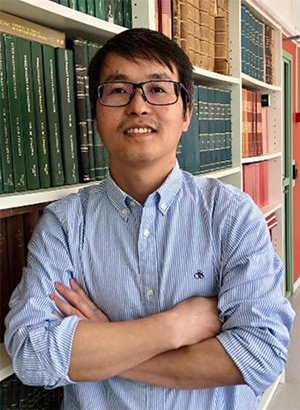Hillert Materials Modeling Tutorial series IV: Stacking fault energy

In this tutorial, Dr. Song Lu, senior researcher at the department of Materials Science and Engineering, will introduce the commonly used methods for determining the stacking fault energy (SFE), with a focus on the ab initio methods based on density functional theory calculations. He will also discuss different deviations and correlations in detail.
Time: Tue 2023-05-30 13.00 - 15.00
Location: Zoom
Language: English
Participating: Song Lu
Stacking fault energy (SFE) plays an important role in deformation mechanisms and mechanical properties of face-centered cubic (fcc) metals and alloys. In this tutorial, Dr. Song Lu will introduce the commonly used methods for determining the SFE with a focus on the ab initio methods based on the density functional theory (DFT) calculations. He will discuss the details about the calculations of the SFE including techniques dealing with chemical and magnetic randomness, Suzuki effect, relaxation, and so on. He will discuss the possible reasons behind the deviations between the SFEs from different methods like experiments, ab initio and CALPHAD. He will also discuss the correlation between the SFE and the deformation mechanisms (twinning and martensitic transformation) and show cases that we design novel transformation-induced plasticity (TRIP) and twinning-induced plasticity (TWIP) alloys using the calculated SFEs.
Contact
